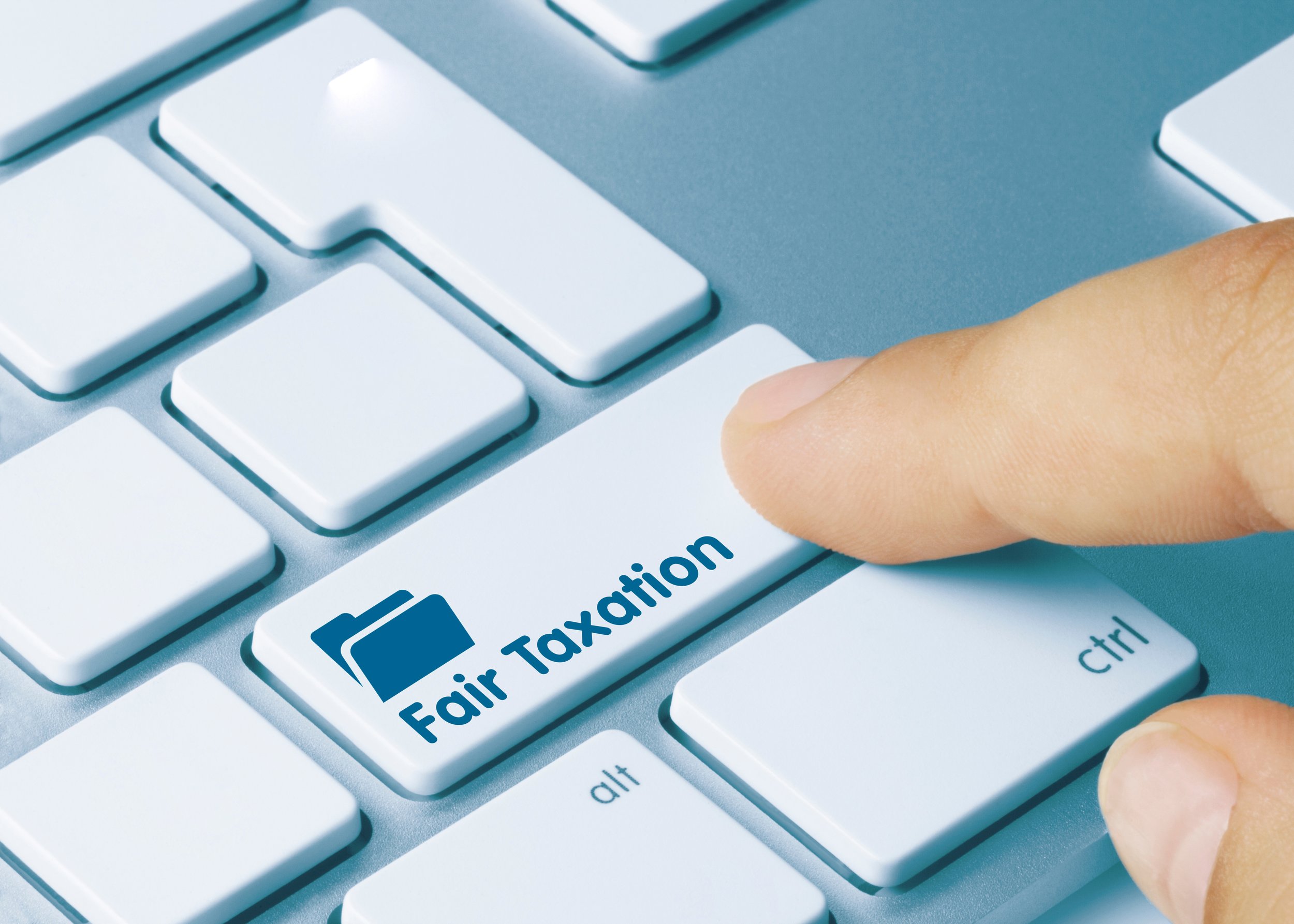How to Maximize Your Property Tax Exemptions in 2025

How to Maximize Your Property Tax Exemptions in 2025
In this article, we’ll explore the most common exemptions available to Texas businesses and why partnering with a property tax consultant can help you maximize your benefits.
While Texas offers several exemptions to support businesses, navigating the rules and application process can be complex. That’s where working with a property tax consulting expert becomes invaluable.
One of the most widely utilized exemptions in Texas, the Freeport Exemption, applies to goods in transit. It allows businesses to exclude the value of inventory that:
● Is transported out of Texas within 175 days.
● Includes raw materials, work-in-progress, and finished goods.
This exemption is particularly beneficial for manufacturers, distributors, and logistics companies in areas like Dallas and San Antonio, where inventory levels can significantly impact tax bills.
Similar to the Freeport Exemption, the Goods-in-Transit Exemption applies to inventory stored temporarily in Texas before being shipped elsewhere. This can provide additional tax relief for companies engaged in interstate or international trade.
Businesses that invest in pollution control equipment to comply with environmental regulations can qualify for a property tax exemption. This incentive supports companies working toward sustainable and eco-friendly operations.
For businesses that own land used for agricultural purposes, wildlife management, or timber production, Texas offers tax savings through agricultural and open-space exemptions. These exemptions recognize the importance of conserving natural resources while reducing taxable value for qualifying landowners.
Texas encourages investment in renewable energy projects such as solar, wind, and battery storage systems. Businesses involved in renewable energy may qualify for property tax exemptions or reductions that promote clean energy development across the state.
Organizations that qualify as charitable or non-profit entities under Texas law may be eligible for full or partial property tax exemptions. This includes schools, religious institutions, and other organizations dedicated to public service.
1. Understanding Eligibility
○ Each exemption has specific qualifications and documentation requirements. A consultant ensures you meet all criteria to avoid disqualification.
2. Maximizing Savings
○ Experienced consultants identify all potential exemptions your business qualifies for, maximizing tax savings while keeping you compliant with local regulations.
3. Staying Compliant
○ Texas property tax laws and deadlines can vary by location. Consultants familiar with San Antonio property taxes, Dallas taxes, and other jurisdictions ensure your filings are accurate and timely.
4. Tailored Advice
○ Every business is unique. A professional consultant provides personalized recommendations based on your industry, assets, and operations.
● Misclassifying Assets:
Incorrectly categorizing property or inventory can result in disqualification.
● Missing Deadlines:
Exemptions like the Freeport Exemption require annual applications that must be submitted on time.
● Overlooking Lesser-Known Exemptions:
Businesses often miss out on savings by failing to explore all available options.
By working with a professional property tax consultant, you can ensure compliance, identify all eligible exemptions, and maximize your tax savings. Whether you’re in San Antonio, Dallas, or anywhere in Texas, expert guidance is your key to unlocking these valuable opportunities.
Remember, paying property taxes is inevitable, but overpaying isn’t.
